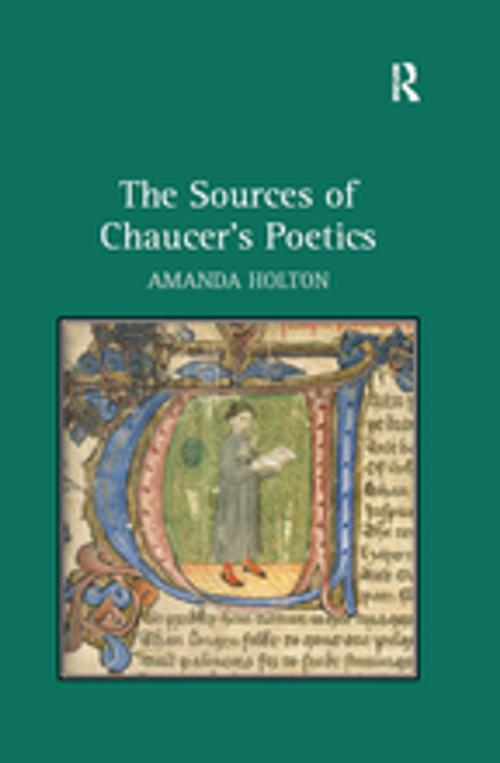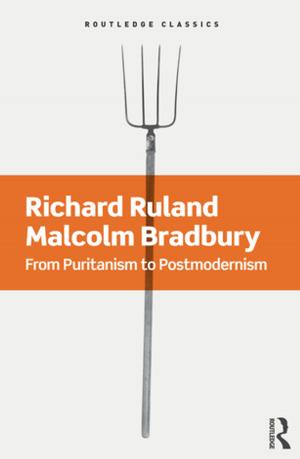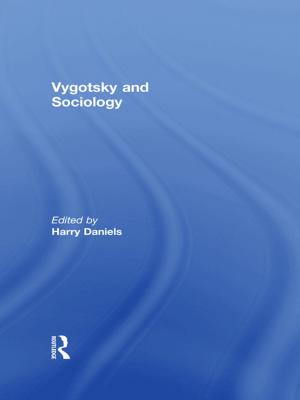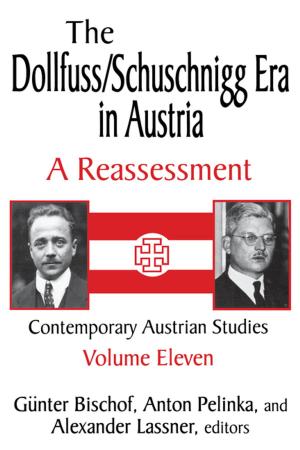| Author: | Amanda Holton | ISBN: | 9781351881685 |
| Publisher: | Taylor and Francis | Publication: | December 5, 2016 |
| Imprint: | Routledge | Language: | English |
| Author: | Amanda Holton |
| ISBN: | 9781351881685 |
| Publisher: | Taylor and Francis |
| Publication: | December 5, 2016 |
| Imprint: | Routledge |
| Language: | English |
Focusing on four aspects of Chaucer's poetics-use of narrative, speech, rhetoric, and figurative language-this is the first book-length study to identify Chaucer's distinctive poetic strategies by making specific comparisons with known textual sources. The author provides a combination of analysis of both poetic stylistics and sources, reading The Legend of Good Women and five of The Canterbury Tales (The Knight's Tale, The Man of Law's Tale, The Physician's Tale, The Monk's Tale, and The Manciple's Tale) against their textual sources, including Ovid's Metamorphoses and Heroides, Boccaccio's Teseida, Virgil's Aeneid, Le Roman de la Rose, and histories by Nicholas Trevet and Guido delle Colonne. Holton provides a picture of Chaucer's habits as a writer, showing that he was consistent in asserting his own techniques against the pressure of his sources and in keeping control over words and their meaning.
Focusing on four aspects of Chaucer's poetics-use of narrative, speech, rhetoric, and figurative language-this is the first book-length study to identify Chaucer's distinctive poetic strategies by making specific comparisons with known textual sources. The author provides a combination of analysis of both poetic stylistics and sources, reading The Legend of Good Women and five of The Canterbury Tales (The Knight's Tale, The Man of Law's Tale, The Physician's Tale, The Monk's Tale, and The Manciple's Tale) against their textual sources, including Ovid's Metamorphoses and Heroides, Boccaccio's Teseida, Virgil's Aeneid, Le Roman de la Rose, and histories by Nicholas Trevet and Guido delle Colonne. Holton provides a picture of Chaucer's habits as a writer, showing that he was consistent in asserting his own techniques against the pressure of his sources and in keeping control over words and their meaning.















